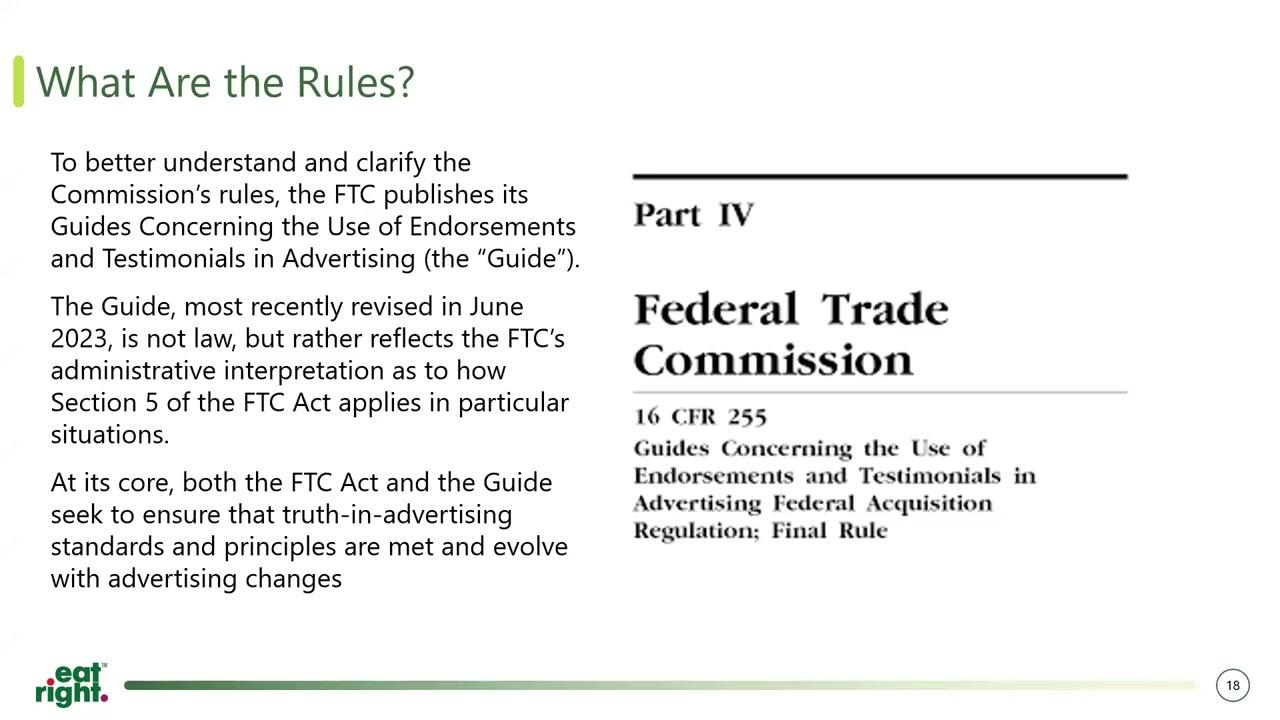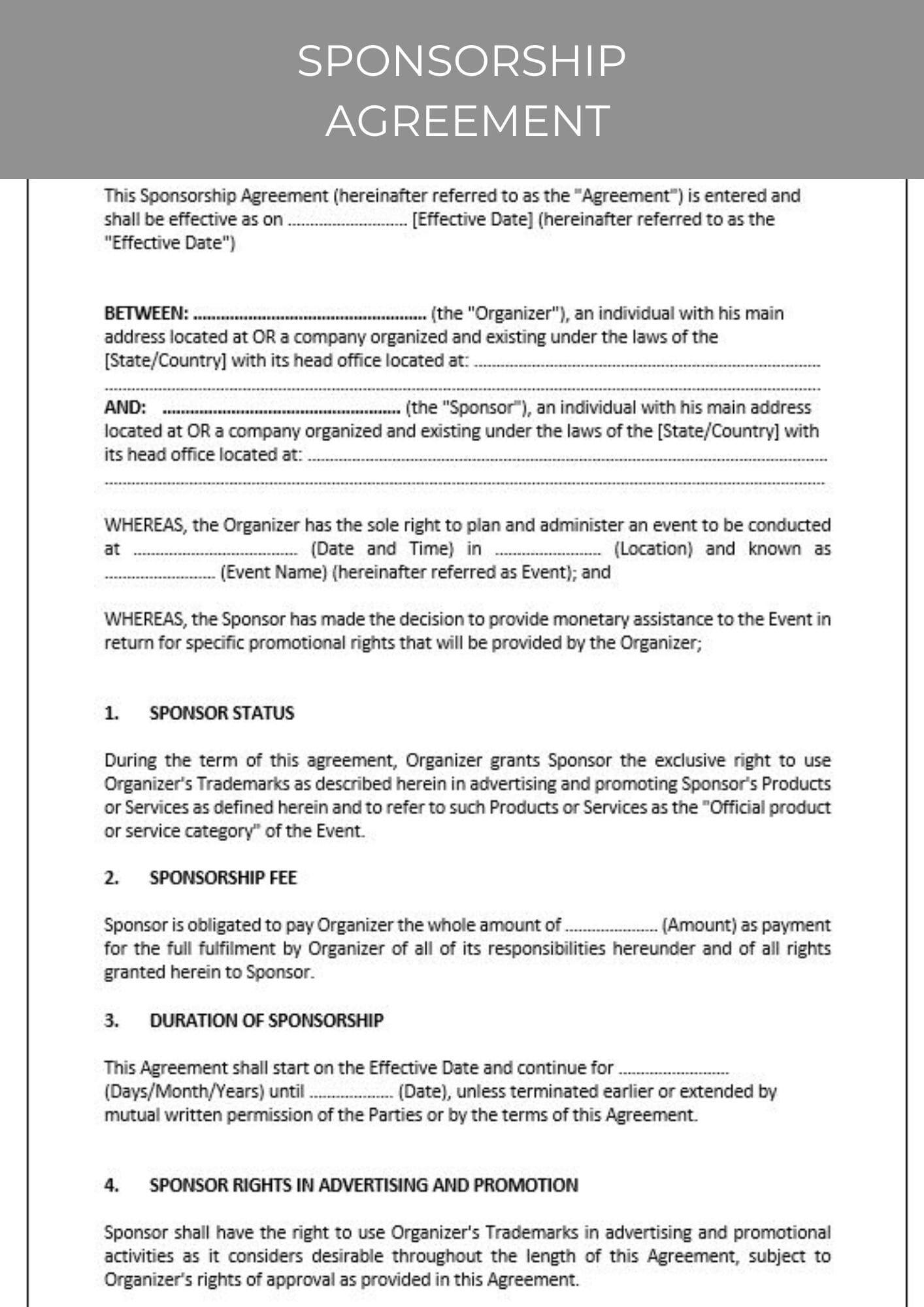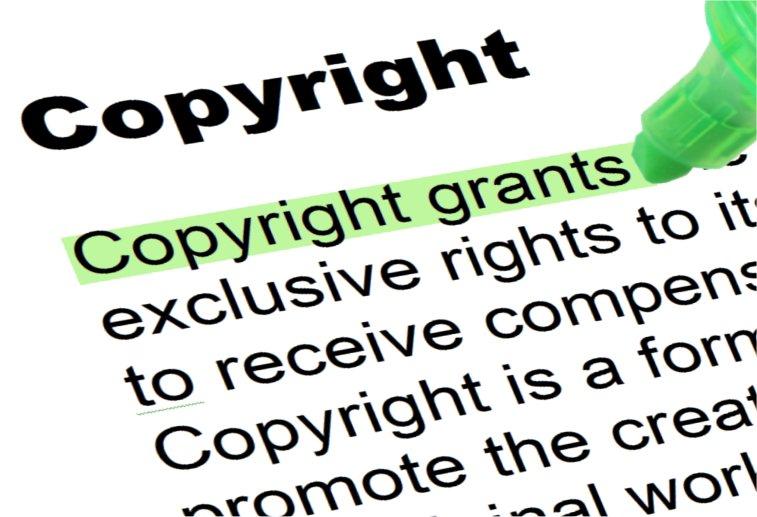
In the vast digital landscape of content creation, YouTube has emerged as a powerful platform where creativity meets commerce. From beauty gurus unveiling the latest cosmetic trends to tech enthusiasts showcasing groundbreaking gadgets, influencers wield significant sway over their audiences, translating views into revenue and engagement into brand loyalty. However, beneath the vibrant surface of this influencer culture lies a complex legal terrain that marketers, brands, and creators must navigate with care. As regulations evolve and scrutiny intensifies, understanding the legal implications of influencer marketing on YouTube is more crucial than ever. This article aims to illuminate the path forward, exploring the essential legal considerations that can help both influencers and brands thrive in a space where creativity and compliance must coexist harmoniously. Join us as we unpack the intricacies of contracts, disclosures, and copyright in the ever-shifting world of YouTube influencer marketing.
Understanding FTC Guidelines for Influencer Disclosure
The Federal Trade Commission (FTC) has established clear guidelines for influencers to ensure clarity and honesty in advertising. As an influencer, it’s imperative to understand that when you receive compensation, free products, or any kind of benefit in exchange for promoting a brand, your audience deserves to know about it. This helps maintain trust and credibility among your followers. Key aspects of these guidelines include:
- clear Disclosure: Influencers should clearly indicate when content is sponsored or includes affiliate links.
- Proximity to Content: Disclosures should be placed close to the endorsement, ensuring that viewers can’t easily miss them.
- Language Matters: Use clear and simple language such as “#ad” or “paid partnership” rather of vague terms.
to further clarify, let’s consider a table highlighting some acceptable and unacceptable disclosure practices:
| Acceptable Disclosure Practices | Unacceptable Disclosure Practices |
|---|---|
| “thanks to Brand X for sponsoring this video!” | “I really like this product!” (without disclosure) |
| “This post is sponsored by Brand Y” | Using generic hashtags like #spon without context |
| “Check out my discount code link in the description!” | Including a link to a product without any disclosure |
Staying compliant with FTC guidelines not only protects you from potential legal issues but also enhances the integrity of your brand as an influencer.By fostering a culture of openness with your audience, you can answer questions they may have about the products you promote and genuinely connect with them on a more personal level.

Crafting Clear and Compliant Sponsorship Agreements
When entering into a sponsorship agreement, clarity is paramount. Both the influencer and the brand must have a mutual understanding of expectations, deliverables, and compensation to foster a smooth collaboration. To achieve this, the agreement should include essential components such as:
- Objectives: Define clear goals of the partnership, whether it’s brand awareness, product sales, or audience engagement.
- Content Details: Specify the type of content to be created, along with posting schedules and platforms to be utilized.
- Payment Structure: Outline how and when payments will be made, including potential bonuses or incentives for exceeding performance metrics.
- Disclosure Requirements: Make it clear that the influencer must disclose the sponsorship in compliance with marketing regulations.
Additionally, it’s crucial for both parties to address potential legal issues within the contract. This can be achieved by including clauses that cover:
| Clause | Description |
|---|---|
| Termination Rights | Conditions under which either party may terminate the agreement. |
| Liability Limitations | Boundaries on financial liabilities related to content mistakes or legal disputes. |
| Content Ownership | Clarification on who retains ownership of the created content post-campaign. |
| Confidentiality | Agreement to keep sensitive information private throughout and after the partnership. |

Navigating Copyright Issues in Content Creation
As youtube influencers shape trends and connect with audiences, navigating the complexities of copyright becomes crucial. Content creators must be vigilant in understanding their rights and responsibilities when utilizing music, images, videos, and other copyrighted materials. To maintain compliance, influencers should consider the following strategies:
- Use royalty-free music and images: These resources are designed for creators and frequently enough come with clear usage rights.
- Review license agreements: Ensure that any content used, whether shared or purchased, has a clear licensing structure.
- Familiarize yourself with fair use: This legal doctrine can provide protections, but its request is nuanced and context-dependent.
Moreover, building an understanding of creative commons licenses is integral to responsible content creation. These licenses allow creators to specify the usage rights of their work,making it easier for influencers to share while respecting the original creator’s intent. Below is a brief overview of common creative commons licenses:
| License Type | Usage Rights |
|---|---|
| CC BY | Allows others to distribute, remix, adapt, and build upon your work, even commercially, as long as they credit you for the original creation. |
| CC BY-SA | Similar to CC BY, but derivatives must be licensed under identical terms. |
| CC BY-ND | Allows for redistribution, commercial and non-commercial, as long as the work is passed along unchanged and in whole. |

Building Trust and Transparency with Your Audience
Establishing a genuine connection with your audience is essential for any triumphant influencer marketing campaign. As an influencer, it is indeed essential to prioritize authentic interaction to foster trust. This can be achieved through various means, including:
- Providing honest reviews and insights on products
- Disclosing partnerships and sponsorships clearly
- Engaging with your audience through comments and direct messages
- Maintaining consistency across your content and messaging
Transparency not only builds trust but also enhances your credibility in a competitive space. According to recent studies, audiences are more likely to support brands promoted by influencers they perceive as honest. To quantify your impact, consider tracking key metrics such as engagement rates, follow growth, and audience sentiment. This can be visually represented in a table for clarity:
| Metric | Before Transparency | After Transparency |
|---|---|---|
| Engagement Rate | 2.5% | 5.0% |
| Follower Growth | 100 per month | 300 per month |
| Positive Sentiment | 60% | 85% |
In every collaboration, being open about your relationship with brands will resonate with your audience, ultimately leading to a more engaged and loyal following. Understanding that trust is the currency of influencer marketing will help ensure long-term success in your campaigns.
Concluding Remarks
As the digital landscape continues to evolve, so too does the complexity of influencer marketing on platforms like YouTube. Navigating this legal terrain requires not just a keen understanding of current regulations, but an awareness of the ethical considerations that underpin influencer-consumer relationships.By equipping themselves with knowledge of advertising standards, copyright laws, and disclosure requirements, brands and influencers alike can forge authentic connections while safeguarding their reputations.
Ultimately,success in this vibrant marketplace hinges upon transparency and integrity. As influencers harness the power of their platforms, they must also embrace their role as stewards of trust. For marketers, this is a call to action: to not only amplify their reach but to do so responsibly, ensuring that every sponsored message resonates with honesty and respect. navigating the legalities of YouTube influencer marketing is not just about compliance; it’s about building a community of informed consumers who value the authenticity that comes from ethical engagement.As the journey unfolds, may all players in this dynamic arena strive for clarity, creativity, and accountability.